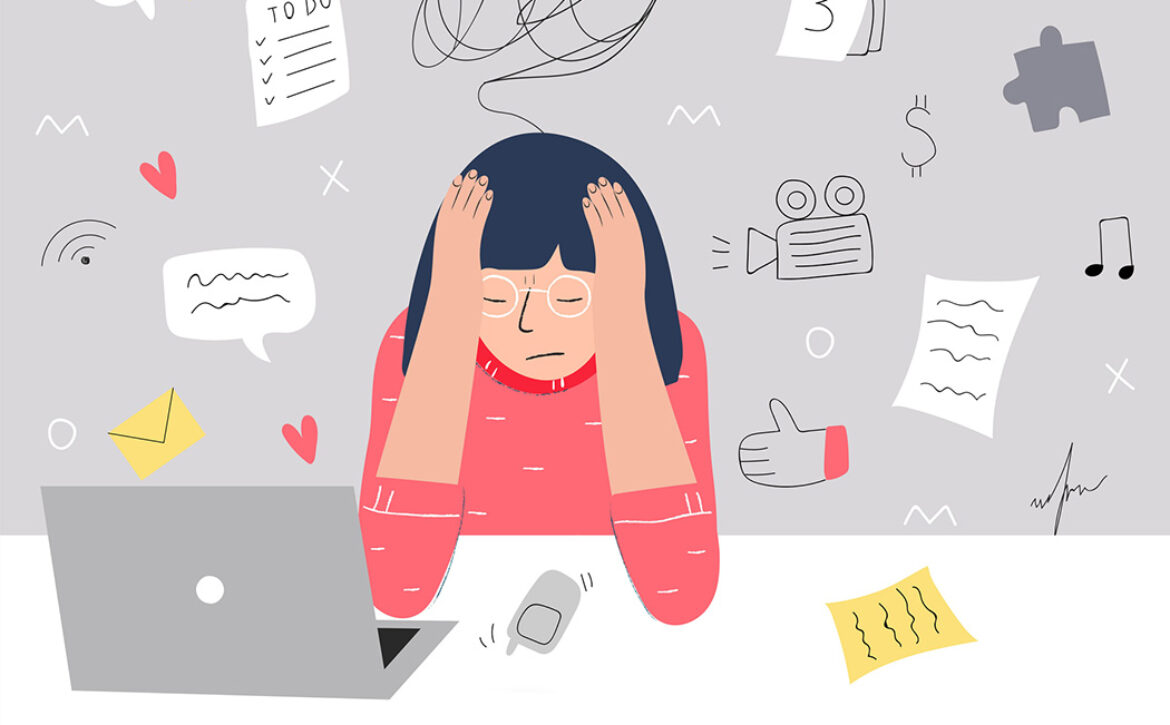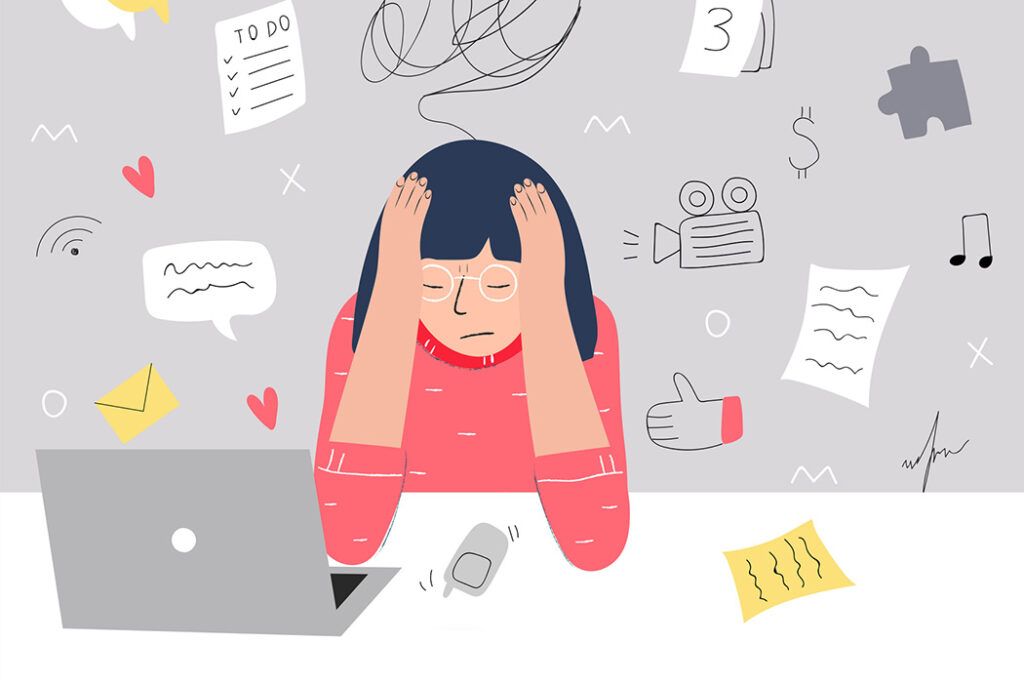What is ADHD and What Does Treatment Look Like?
Attention-deficit/hyperactivity disorder (ADHD) is a neurobehavioral disorder characterized by problems with focus, hyperactivity, and impulsiveness. Symptoms of ADHD typically begin in childhood and can persist into adulthood. While there is no cure for ADHD, treatment options are available to help manage symptoms. Treatment may include medication, therapy, or a combination of both. In this blog post, we will explore what ADHD is, its potential causes, and treatment options available to help manage the condition.
What is ADHD?
ADHD is a neurodevelopmental disorder that includes symptoms of inattention, hyperactivity, and impulsiveness. People with ADHD may have difficulty concentrating or completing tasks, be highly active, or act without thinking. These behaviors can impair their ability to complete everyday activities such as schoolwork and chores. The exact cause of ADHD is unknown but is believed to be related to genetics and environmental factors.
What are the Common Symptoms of ADHD?
The common symptoms of ADHD vary from person to person, but may include:
• Difficulty concentrating or staying focused on tasks
• Impulsivity and difficulty controlling emotions
• Hyperactivity or restlessness
• Poor organizational skills
• Disruptive behavior in school or social settings
• Difficulty following instructions
• Poor time management skills
Who is Qualified to Diagnose ADHD?
Attention-deficit/hyperactivity disorder (ADHD) is diagnosed by a qualified healthcare provider. This may include a doctor, psychologist Oakville, or psychiatrist. During the diagnosis process, they will review medical history, conduct tests and assessments, and look for signs of ADHD.
Who Does ADHD Impact?
ADHD can affect both children and adults, though it is most commonly diagnosed in childhood. The most common signs that you or your child may need an ADHD Diagnosis include the following:
- Difficulty with focus and concentration,
- Impulsivity or lack of self-control
- Hyperactivity and restlessness
- Difficulty following instructions
- Low frustration tolerance or anger outbursts.
What Does ADHD Treatment Look Like?
The primary treatment for ADHD is a combination of therapy and medication. Regarding medications, stimulant medications such as Ritalin and Adderall are the most commonly prescribed drugs for treating ADHD in children and adolescents. Non-stimulant medications such as Strattera may also be prescribed. Medication cannot be prescribed by a psychologist.
In addition to medication, counseling and skills-based therapy can be helpful in managing the symptoms of ADHD. Cognitive-behavioral therapy (CBT) is a type of psychotherapy that can help people with ADHD learn strategies for managing their behaviour. Behavioural therapy may also be recommended to address issues such as hyperactivity and impulsivity. Parents of children with ADHD may also be encouraged to participate in family therapy or seek parenting consultation to help with understanding and managing the condition.
Overall, treatment for ADHD is most effective when it includes a combination of medication, counseling, and lifestyle modifications. It’s important to work closely with a healthcare provider to find an individualized plan that works best for you or your child.
What does a Typical ADHD Therapy Session Look Like?
A typical ADHD therapy session may include talking about symptoms, discussing strategies for managing them, and setting goals. Therapy sessions focus on helping people with ADHD build skills to cope with their difficulties in everyday life. Possible topics of discussion may include emotional regulation, organization, time management, communication, and relationships. The therapist will also provide support and education to help the person learn to manage their symptoms. Overtime, the therapist may also discuss and help implement lifestyle changes that can help with managing ADHD. These will be checked overtime to ensure consistent progress over the course of the treatment plan.
When is ADHD Medication Required?
People are encouraged to discuss the risks and benefits of medication for ADHD with their doctors. Sometimes, medication can help improve focus and reduce impulsivity, which may make it easier for people to manage their condition.
If you or your child have been diagnosed with ADHD, it’s important to discuss the best treatment options with a qualified healthcare provider. Together, you can create an individualized plan that works best for your specific situation.
Why is ADHD Treatment Beneficial?
Treatment for ADHD is beneficial because it can help improve focus, reduce impulsivity and hyperactivity, and improve overall functioning. With proper treatment, people with ADHD can lead healthy, productive lives. It’s important to remember that every person is different and no one approach to treating ADHD works for everyone. Finding a treatment plan that works best for you or your child is essential.
Conclusion
In conclusion, ADHD is a common neurodevelopmental disorder that can cause difficulties in concentration and focus. It is most commonly diagnosed in childhood, but can affect people of all ages. Treatment for ADHD can include a combination of therapy, medication, and lifestyle changes. It’s important to work closely with a qualified doctor or therapist to create an individualized plan that works best for you or your child. With proper treatment and support, people with ADHD can lead successful lives.
If you think you or your child may have ADHD, talk to a healthcare provider about diagnosis and treatment options available. With the help of professionals and an individualized plan, managing ADHD is possible. If you still have questions about ADHD, check out our blog page today!
If you need professional help, don’t hesitate to schedule a consultation with our team at Cedarway Therapy today! We would be more than happy to assist you!
Good luck!











